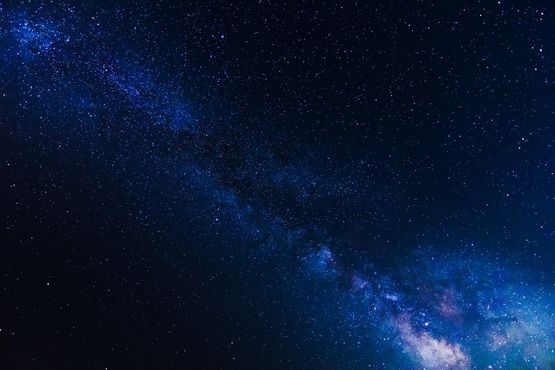Top physicist publishes 'evidence' that we're living in a computer simulation
In a paper published earlier this month, physicist Melvin Vopson, of the University of Portsmouth, offered scientific evidence for a philosophical theory known as the simulation hypothesis.
This, in a nutshell, posits that the entire universe and our objective reality are just super-advanced virtual reality illusions.
Elon Musk is among the well-known fans of the theory, which – as Dr Vopson notes in his paper – has been “gaining traction in scientific circles as well as in the entertainment industry”.
The university lecturer also pointed out that recent developments in a branch of science known as information physics “appear to support this possibility”.
Information physics suggests that physical reality is made up of bits of information.
However, Dr Vopson has gone further and is working to prove that information has a physical mass and is a fundamental building block of the universe.
He even claims that information could be the mysterious dark matter that makes up almost a third of the universe.
Then, in 2022, he discovered a new law of physics, christened the second law of infodynamics, which states that entropy – the degree of randomness or disorder – within an isolated information system either remains constant or decreases over time.
In other words, the system becomes less and less chaotic, implying that there is some kind of mechanism governing it rather than random chance.
More:
https://www.indy100.com/science-tech/living-in-a-simulation-infodynamics



Comments
Post a Comment